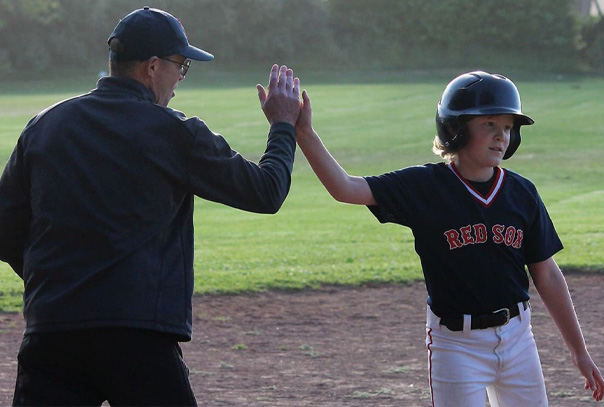 Coaches at high levels at prestigious programs need to win to keep their jobs. Winning consistently makes recruiting easier, keeps fan bases energized, administration and boosters happy, and the financial bottom line healthy. But when the awards for the championships and the successful careers have been given, has the coach been a good coach?
Coaches at high levels at prestigious programs need to win to keep their jobs. Winning consistently makes recruiting easier, keeps fan bases energized, administration and boosters happy, and the financial bottom line healthy. But when the awards for the championships and the successful careers have been given, has the coach been a good coach?
There is a common leadership saying, “Don’t confuse winning with good coaching.” Games can be won because of good coaching and despite mediocre coaching. Games can be won as a result of elite players and team chemistry. But in my opinion, many games are lost because of poor player development and team preparation.
When a game is done, I have always asked myself two questions: 1) Could we have defeated our best competition today, e.g., the #1 ranked team in the league, state or country? 2) Did we go about our business in preparation, hustle, effort, perseverance and sportsmanship and inspire those who watched us, e.g., the other team, the umpires, and the fans of both teams, to be better in their lives? If so, we won, if not, we’re back to the drawing board.
Good coaches recognize that to develop the best teams and players, they must first train the team members to be great athletes. And before they can train their team members to be great athletes, they must connect with, understand, validate and mentor the team members as persons. Better People = Better Athletes = Better Players/Teammates.
The best coaches proactively design their daily practices and training plans to teach life lessons within the game for beyond the game. They do not simply let the game’s adversity imply those lessons. They use quotes, acronyms, role-playing and guest speakers to teach the team that what they’re learning and experiencing relates to their lives as sons, daughters, brothers, sisters, students and eventually employees and community/ business leaders.
The mentorship of the person at every level—youth, high school, college and professional—is the foundation for everything!
Why is this so? First, if you stay in coaching long enough and go about it the right way, the messaging of appreciation from your players down the road will not just be about the wins and the championships, they will be about how the coach made the player a better person.
Second, even if a coach is not lucky enough to be given the opportunity to coach for many years or at a high level, the impact they can make on one team or even one player can inspire those players to help and inspire countless other people throughout their lives. The ripple effect is exponential and immeasurable but is directly correlated to the quality of the mentorship they received: “To the world you may be one person, but to one person you may be the world.”
Third, when a coach stands in final judgment by he who matters most, the trophies for wins and championships will be irrelevant. So will the number of great and famous baseball players the coached developed. They will only score and count as a “win” the number of people they helped in their own lives. A coach must mentor players who use their gifts not for personal gain, but to serve others.
If I had one recommendation for coaches for a lesson that provides the foundation for the mentorship of every player, it would be the concept of passion. When a person is truly passionate about something, they will be motivated to use their gifts to be the best they can be to further that passion. If a coach or player is not passionate about baseball, they move on to find something in life they are passionate about and use what they have learned from the attention to detail it takes to be great at our beautiful game, to be the best they can be in their work and in life. When coaches do this, they will truly be Champions for Life.
Adam Sarancik is the owner of Elevate Sports Academy which trains youth in sport skills, athleticism, nutrition, and career and college counseling. He is the author of Coaching Champions for Life – The Process of Mentoring the Person, Athlete and Player and its companion book, Takeaway Quotes for Coaching Champions for Life.